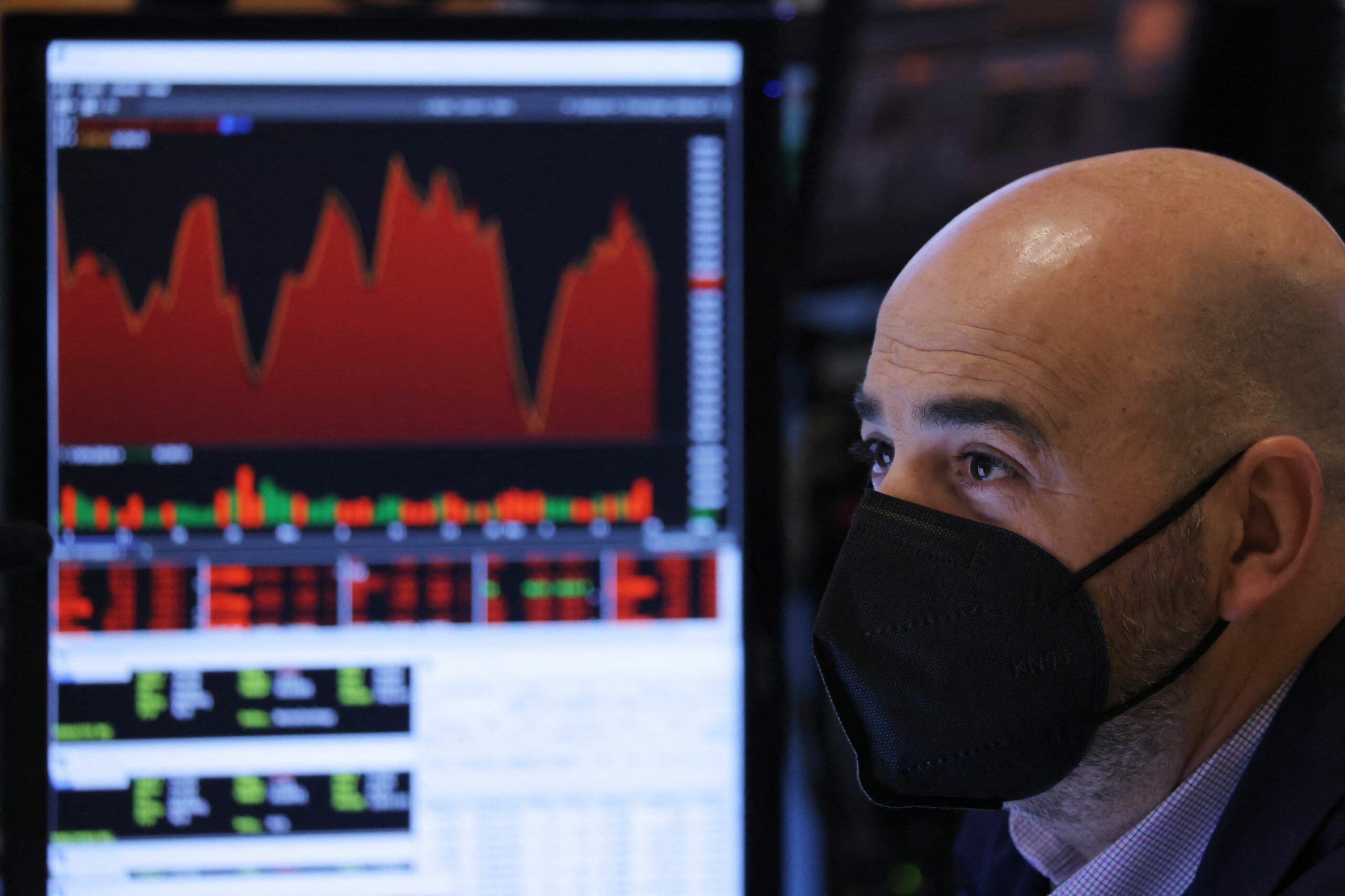CNBC's Jim Cramer said Friday that technical analysis of Wall Street's so-called fear gauge indicates the S&P 500 faces a challenging outlook in t
CNBC’s Jim Cramer said Friday that technical analysis of Wall Street’s so-called fear gauge indicates the S&P 500 faces a challenging outlook in the near term.
“The charts, as interpreted by Mark Sebastian, suggest that the S&P 500 could remain in the house of pain through early February,” the “Mad Money” host said.
However, Cramer said if the founder of OptionPit.com’s forecast proves correct, “you need to hold your nose and use this weakness to buy the stocks of quality companies that make real products or provide real services and generate real profits.”
Sebastian’s outlook is rooted in his analysis of the CBOE Volatility Index, which measures the implied volatility of S&P 500 options. The VIX stands at nearly 29 on Friday, a considerable increase from where it was just over a week ago, when it traded in the 17s.
A chart showing the rally in the VIX (bottom) and the declines of the S&P 500 (top).
Mad Money with Jim Cramer
“It rallied relentlessly for the last three weeks,” Cramer said, which, according to Sebastian, “is bad news for the stock market.”
“When it rises like this, it means that traders have been buying protection for themselves every time the VIX tries to back off,” Cramer explained. “Even on days when the market manages to rally, they don’t move to unwind those hedges, they buy more insurance.”
Sebastian believes VIX futures also paint a troubling story, Cramer said. They have started to move into a state of backwardation, Cramer said. “In other words, the current volatility index is trading at a premium to the February VIX futures, and the February futures are starting to move above the March futures,” he said.
VIX futures looking forward in 2022.
Mad Money with Jim Cramer
This rare development most recently occurred in March 2020, during the Covid pandemic sell-off, Cramer said. It also happened in October 2018, when Wall Street was rattled by Federal Reserve action.
“In short, pretty much every time the market sells off dramatically, Sebastian says the VIX futures tend to go into backwardation about a third of the way through the devastation. Then the selling continues for a few more weeks,” Cramer said.
“Unfortunately, that’s where he thinks we are right now, because we’re not dealing with a VIX spike, we’re dealing with a VIX swell, and those always last longer than you’d like,” Cramer added.
Sign up now for the CNBC Investing Club to follow Jim Cramer’s every move in the market.
www.cnbc.com
